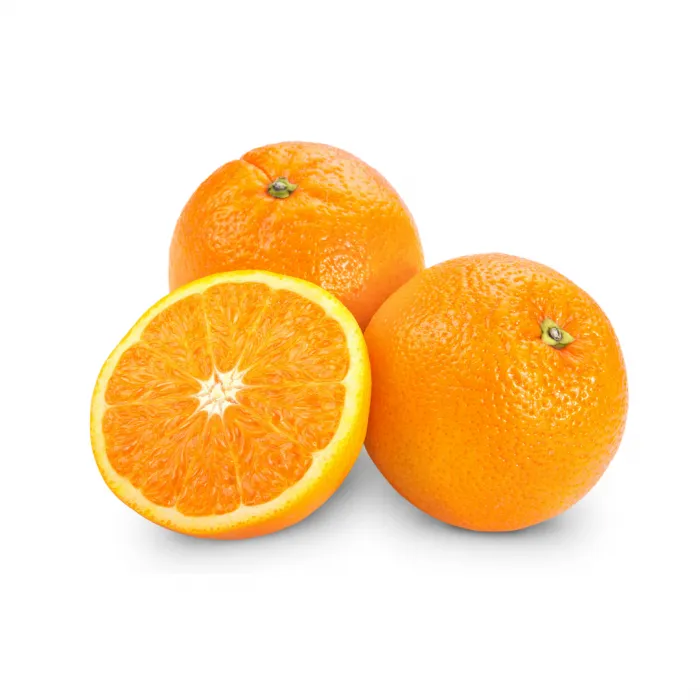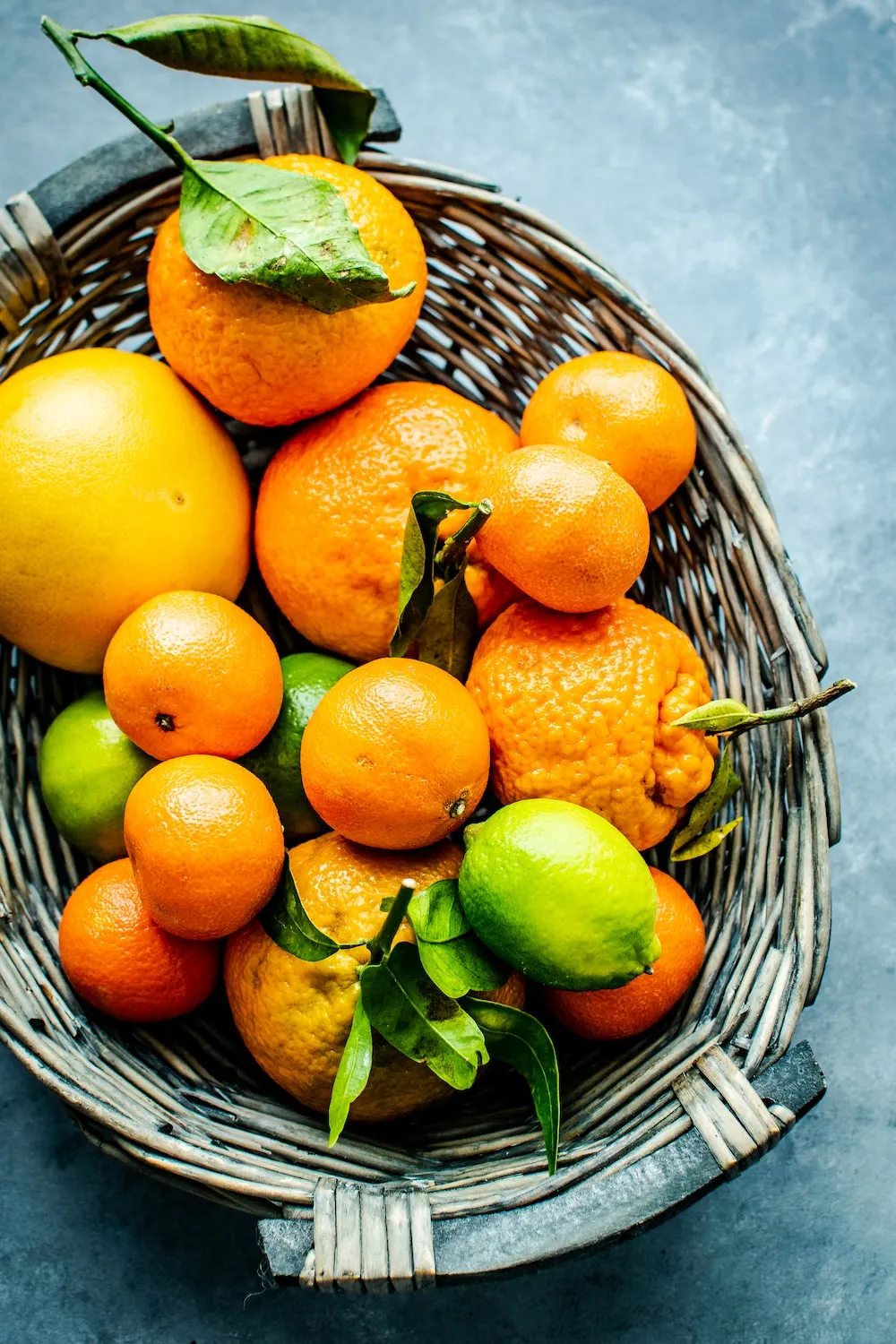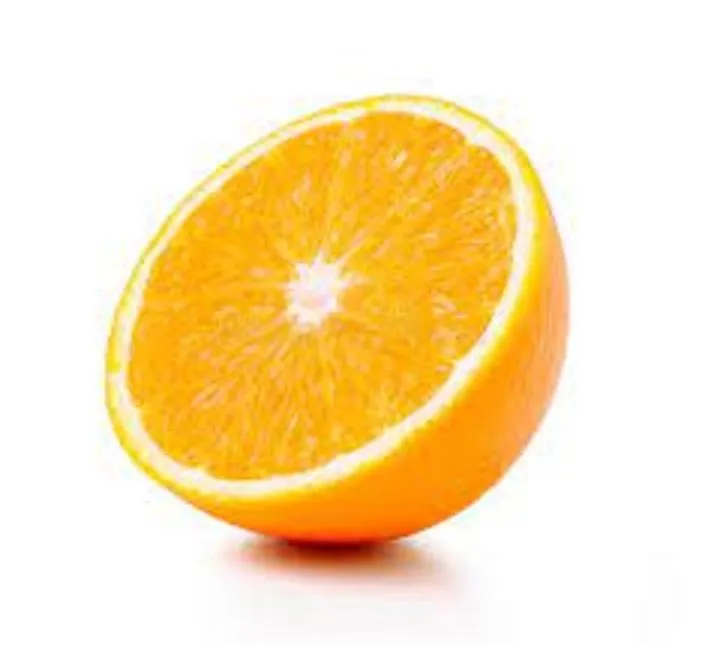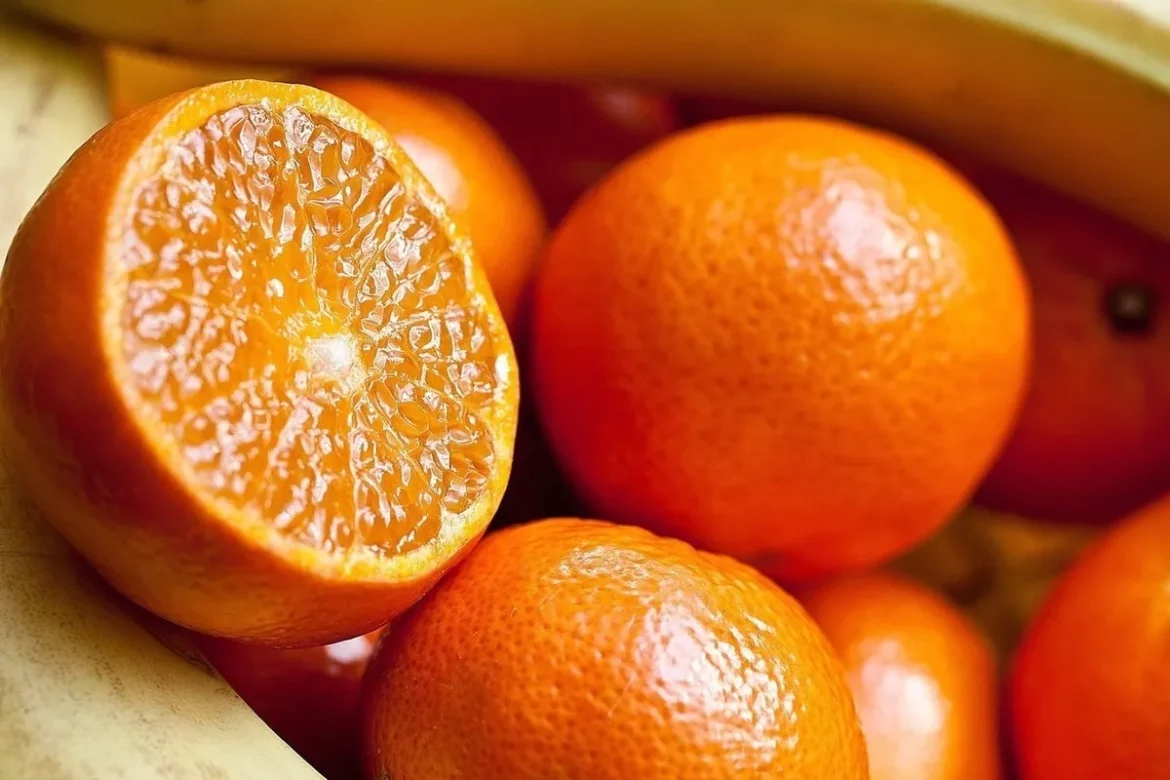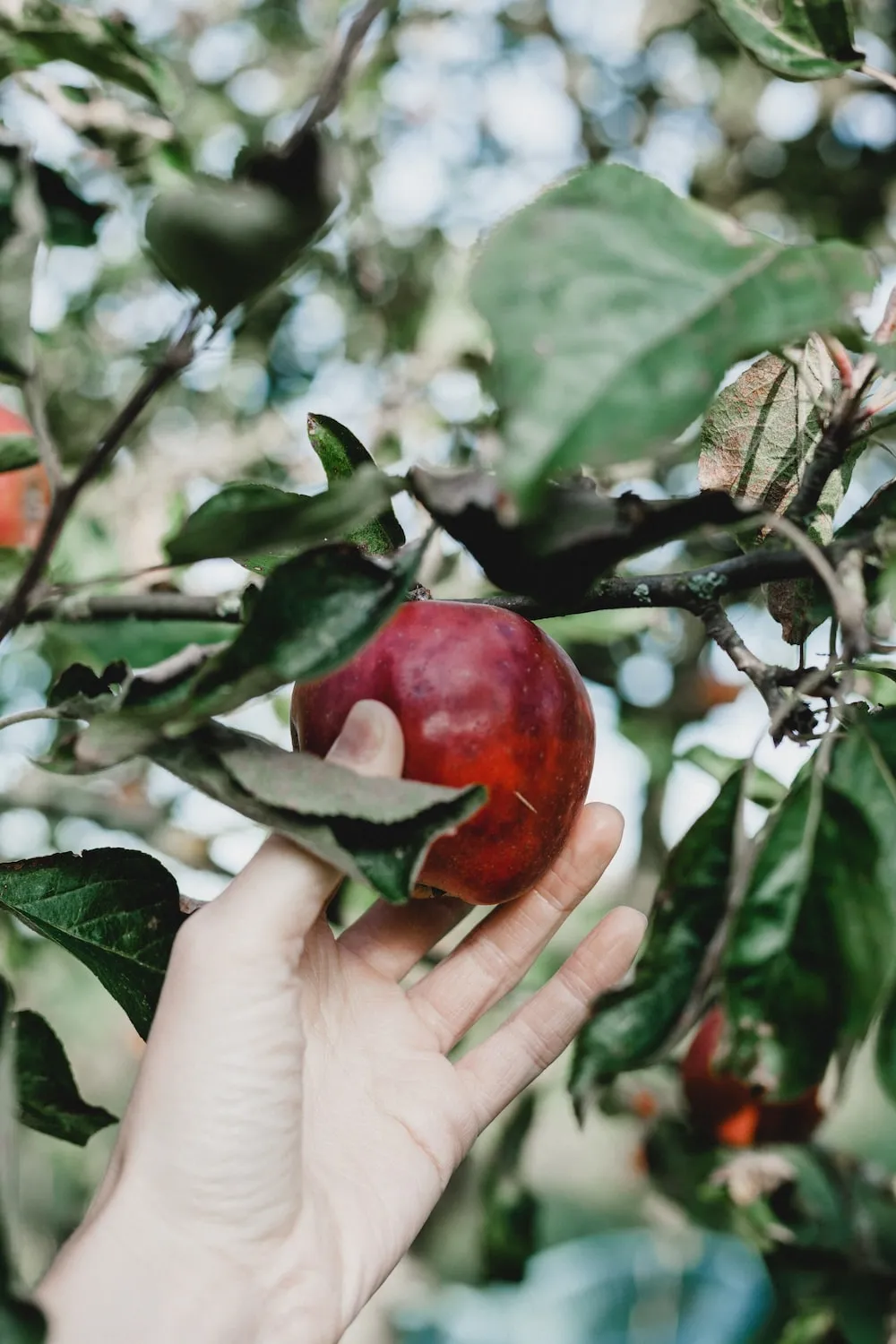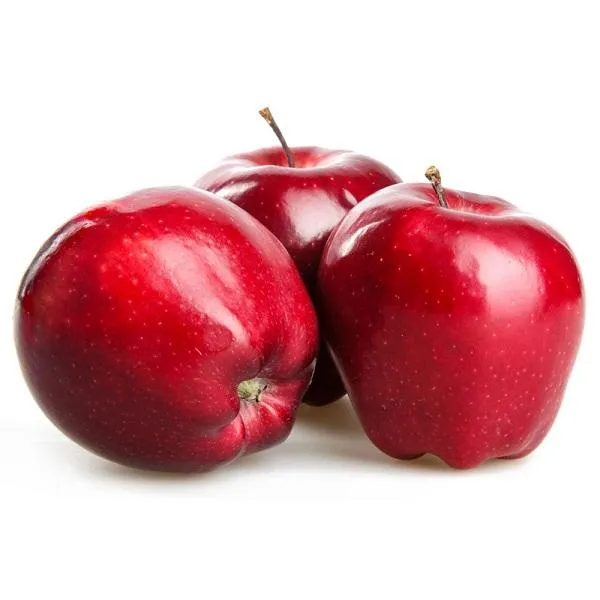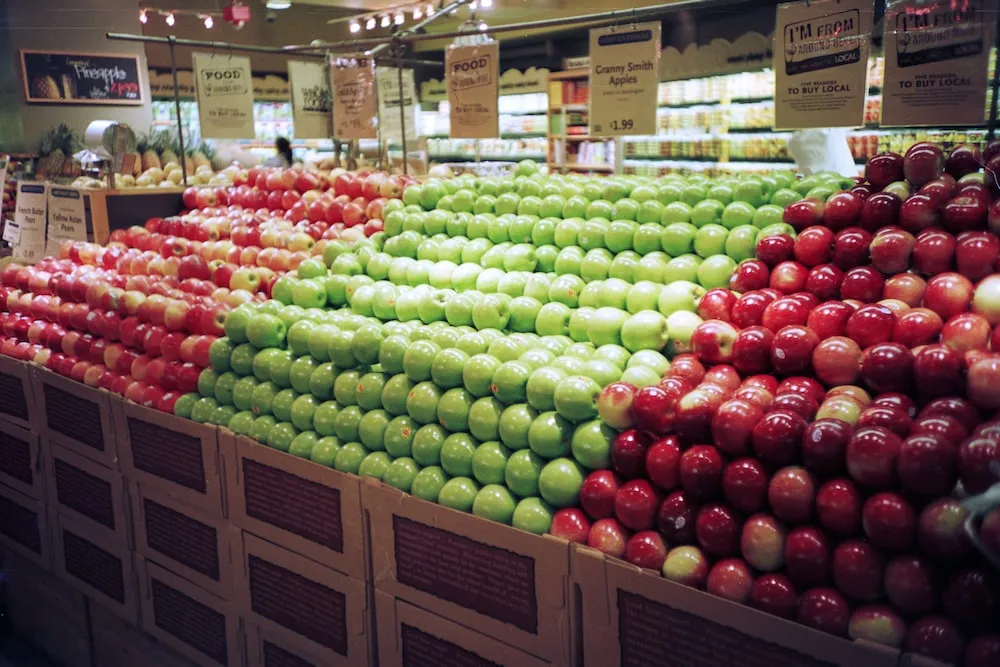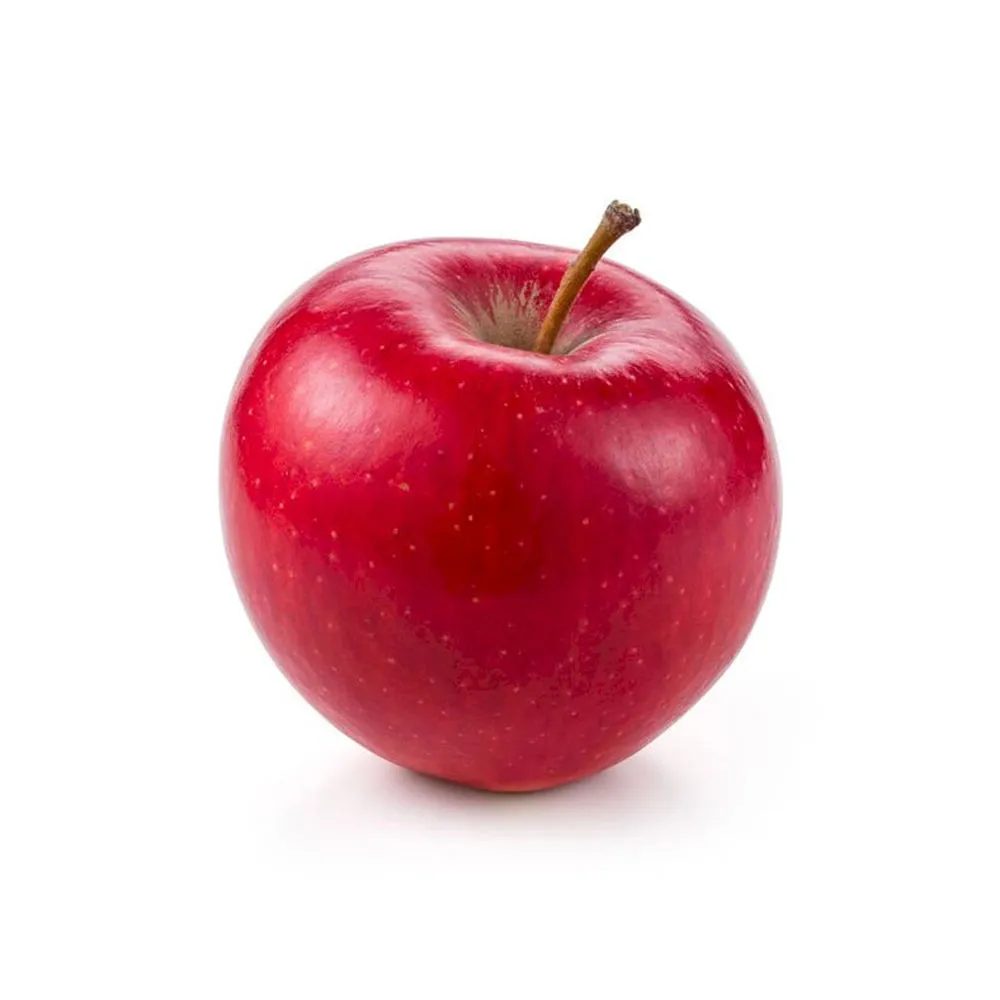Lemons are not only a versatile fruit but also an essential ingredient in various culinary and beverage preparations. Among the numerous lemon varieties available, two stand out for their distinctive flavors and characteristics – the Eureka lemon and the Meyer lemon. While both are beloved by home cooks and professional chefs alike, there are key differences that set them apart. In this article, we will delve into the distinguishing features and explore the best applications for each variety.
Eureka Lemon
The Eureka lemon, scientifically known as Citrus limon ‘Eureka’, is the most common lemon variety found in grocery stores. It is known for its bright yellow color, tangy flavor, and strong acidic profile. Eureka lemons are larger and more elongated than their counterparts, making them easier to squeeze and extract juice from. Their high juice content and concentrated tartness make them an ideal choice for baking, cooking, and flavoring beverages.
When it comes to culinary applications, Eureka lemons excel in providing a punchy burst of flavor. Their robust acidity adds zing to marinades, vinaigrettes, and sauces. Their juice is commonly used in lemonade, enhancing the refreshing citrus taste. The zest of Eureka lemons, with its bold aroma and intense flavor, is often incorporated in baked goods and desserts, adding vibrancy and a delightful tangy quality.
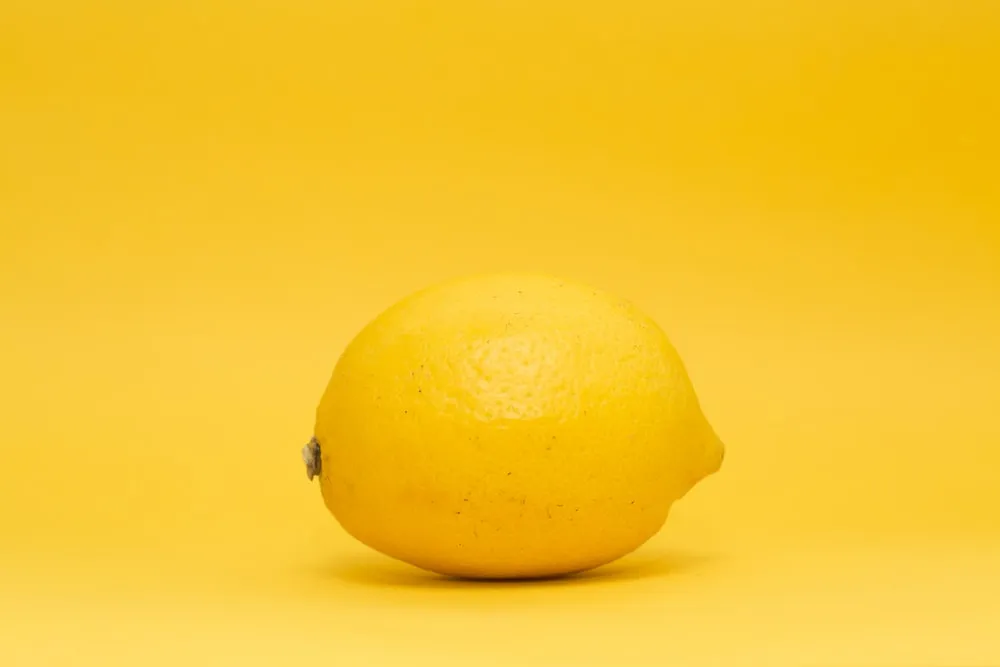
Meyer Lemon
The Meyer lemon, scientifically known as Citrus limon ‘Meyer’, offers a distinct contrast to the Eureka lemon. This hybrid variety, a cross between a lemon and a mandarin or sweet orange, is smaller, rounder, and exhibits a vibrant yellow-orange hue. Unlike the Eureka lemon, the Meyer lemon offers a more delicate and slightly sweeter flavor that is less acidic.
The milder acidity of the Meyer lemon makes it a favorite for those who appreciate a more subtle, less tangy taste. The juice of Meyer lemons is slightly sweeter, lending itself well to fresh fruit preparations, cocktails, and desserts. Its versatility shines in dishes such as seafood, salads, and light dressings, where it adds a balanced, citrusy brightness without overpowering other flavors.
When it comes to baking, the Meyer lemon truly shines. Its fragrance and sweetness make it a delightful addition to pies, cakes, and custards. The zest of Meyer lemons also lends a nuanced, floral note to recipes, elevating the overall taste and aroma.
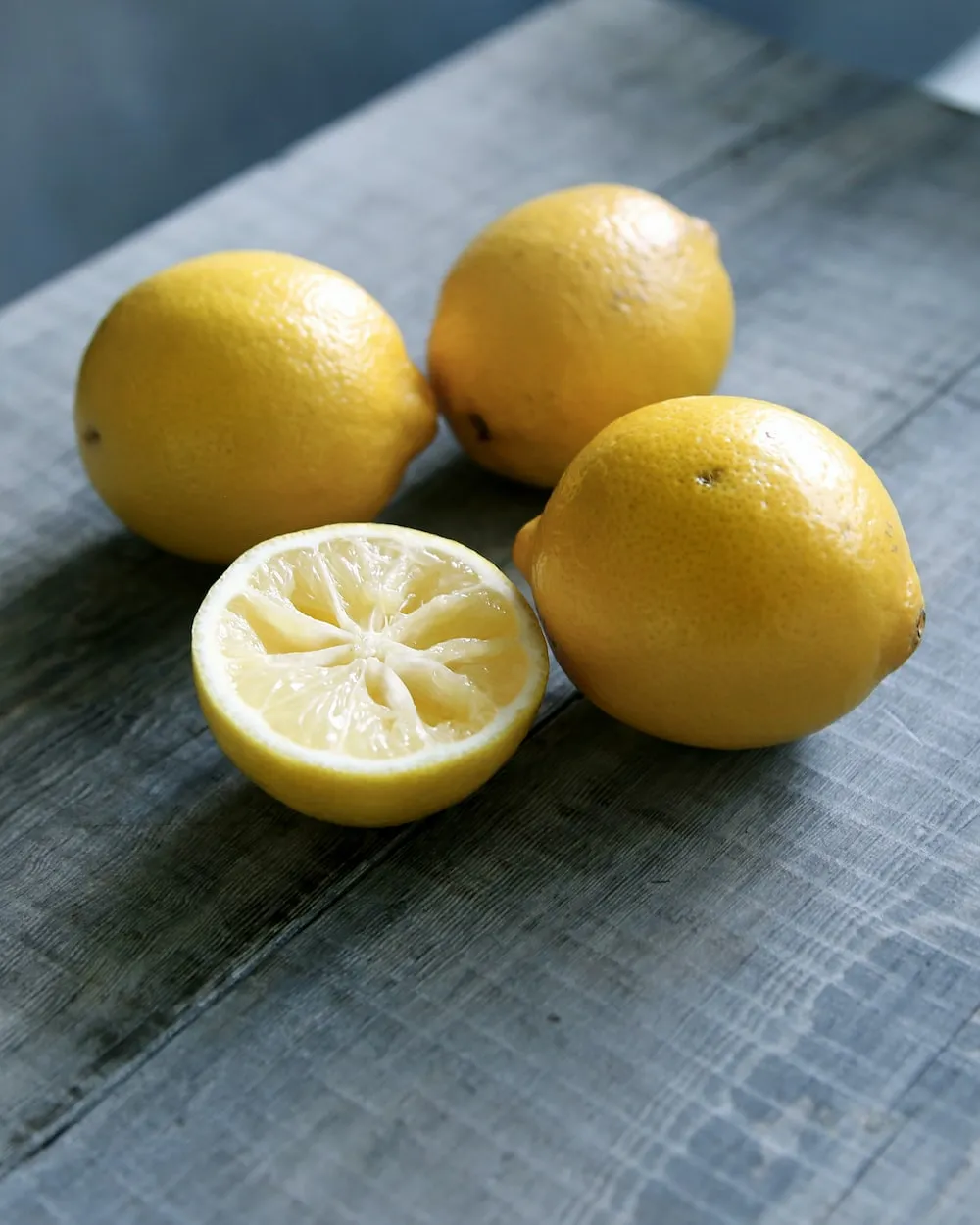
Conclusion
In summary, both the Eureka lemon and the Meyer lemon bring unique qualities to the table. The Eureka lemon offers a robust and tangy flavor, making it a go-to choice for those seeking a sharp, acidic element in their culinary creations. On the other hand, the Meyer lemon dazzles with its mild sweetness and delicate flavor profile, making it well-suited for those who prefer a subtler citrus experience.
While the Eureka lemon dominates the commercial market, the Meyer lemon’s popularity has also grown in recent years due to its distinctive taste and versatility in both savory and sweet applications.
Ultimately, the choice between the Eureka lemon and the Meyer lemon depends on individual preferences and the desired flavor profile for a particular dish or beverage. Whether one seeks a bold and tangy punch or a more nuanced and fragrant citrus experience, both lemons are sure to add zest and vibrancy to any culinary masterpiece.As consumers become more conscious of the origin and quality of their food, many are turning to locally grown and organic produce. This shift in consumer behavior has given rise to a greater appreciation for heirloom and specialty varieties of lemons, including the Eureka and Meyer lemons.
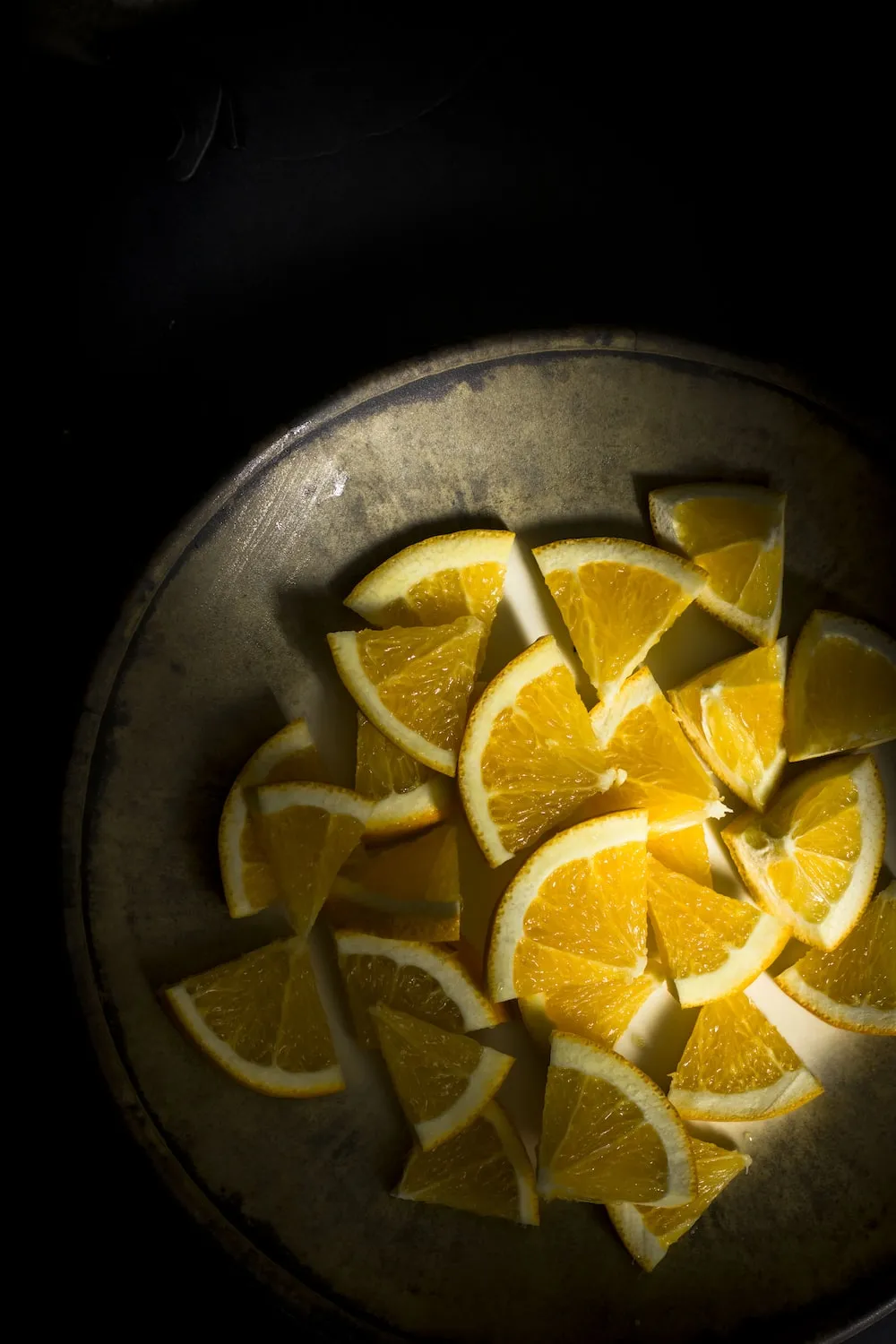
When it comes to cultivation, there are some differences between the Eureka and Meyer lemons that can affect their availability and production. Eureka lemon trees are more cold-hardy and widely grown, making them readily available in most regions. Meyer lemon trees, on the other hand, are more sensitive to cold temperatures and require a milder climate to thrive. This makes Meyer lemons less common in colder regions, and they are often sourced from areas with suitable growing conditions.
Another essential factor to consider is the seasonality of these lemons. Eureka lemons are available year-round, making them a dependable choice for consistent flavor and availability. Meyer lemons, on the other hand, have a more distinct growing season, usually peaking in winter, though they can be found in some regions year-round.
When it comes to nutritional value, both lemons offer similar benefits. They are rich in vitamin C, a powerful antioxidant that boosts the immune system and promotes overall health. Lemons are also a good source of dietary fiber and contain beneficial plant compounds, such as flavonoids, which have antioxidant and anti-inflammatory properties.
Despite their differences, both the Eureka lemon and the Meyer lemon have their place in the culinary world. They bring their unique flavors and characteristics to a wide range of dishes and beverages, enhancing taste and adding a touch of brightness.

Whether you prefer the bold acidity of the Eureka lemon or the delicate sweetness of the Meyer lemon, both varieties offer endless possibilities in the kitchen. From zesty marinades and tangy salad dressings to refreshing lemonade and delectable desserts, these lemons can take any recipe to the next level.
In conclusion, the choice between the Eureka lemon and the Meyer lemon ultimately comes down to personal preference and the desired flavor profile for a particular dish. The Eureka lemon’s sharp, tangy flavor and versatility make it an excellent choice for a range of culinary applications, particularly those that require a tangy kick. On the other hand, the Meyer lemon’s sweeter and more delicate flavor is perfect for those who prefer a milder citrus experience.
Whichever lemon variety you choose, you can be sure that both the Eureka and Meyer lemons will add zest, flavor, and vibrancy to your culinary creations. So the next time you’re in the produce section, consider bringing home these versatile citrus fruits and explore the delightful possibilities they have to offer.

